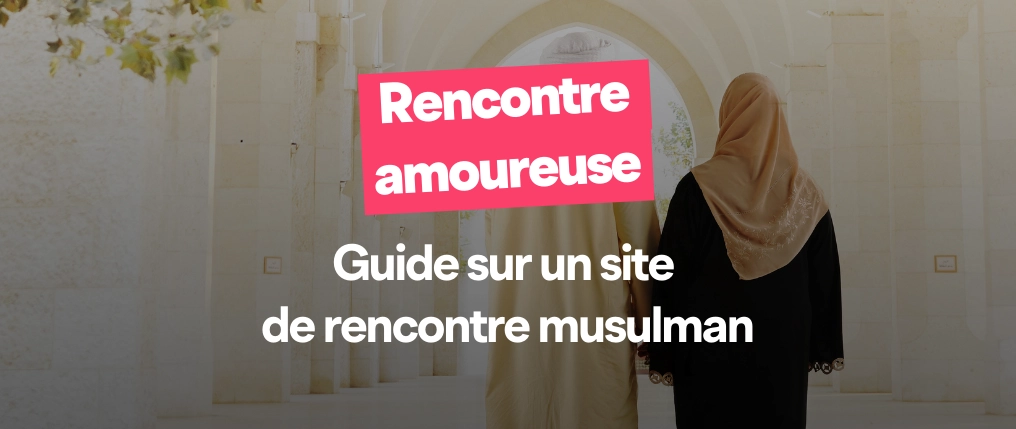
Ramadan Dieting: The Right Way
April 19, 2021

Written by @bakesbysaira
“The month of Ramadhan (is that) in which was revealed the Qur’an, a guidance for the people and clear proofs of guidance and criterion. So whoever sights [the new moon of] the month, let him fast it; and whoever is ill or on a journey – then an equal number of other days. Allah intends for you ease and does not intend for you hardship and (wants) for you to complete the period and to glorify Allah for that (to) which He has guided you; and perhaps you will be grateful.” Quran 2:185


Looking for your soulmate?
You won’t find your soulmate on this blog post but you might find them on Muzz - the world’s biggest Muslim dating and marriage app.
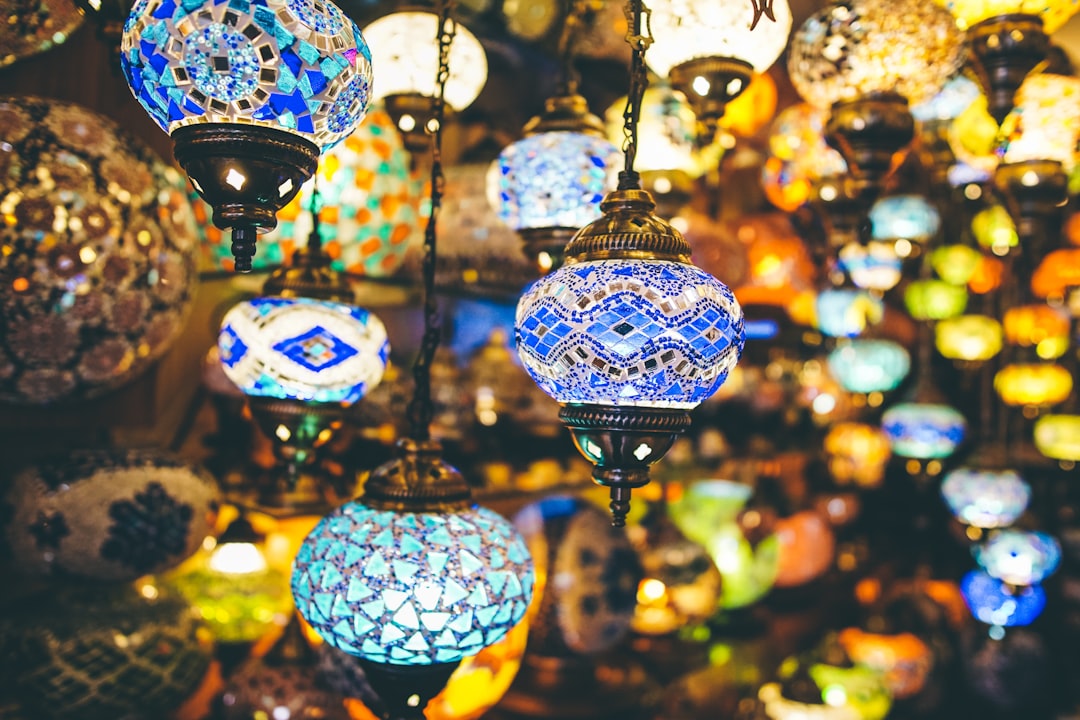
It’s that time of year again, Alhamdulillah! Ramadan Mubarak, readers. Don’t you just love the air of peace and serenity Ramadan brings with it? Naturally it is the month of the Quran, worship and seeking forgiveness. However whether you’re a die-hard gym goer or a couch potato, the abstention from food and drink has a massive effect on our diets and lifestyles. Keep reading to find out how to make this a positive one.
While diet and fitness is so important it should not be a burden during Ramadan. Of course, striving for good health is wholly encouraged in Islam. The goal therefore is to have a diet that focuses on keeping you hydrated, replenishing your vitamins and minerals and keeps you feeling full for longer so you can make the most out of this blessed month. As such, we’ll want to stay away from or reduce our intake of foods that have the opposite effect.
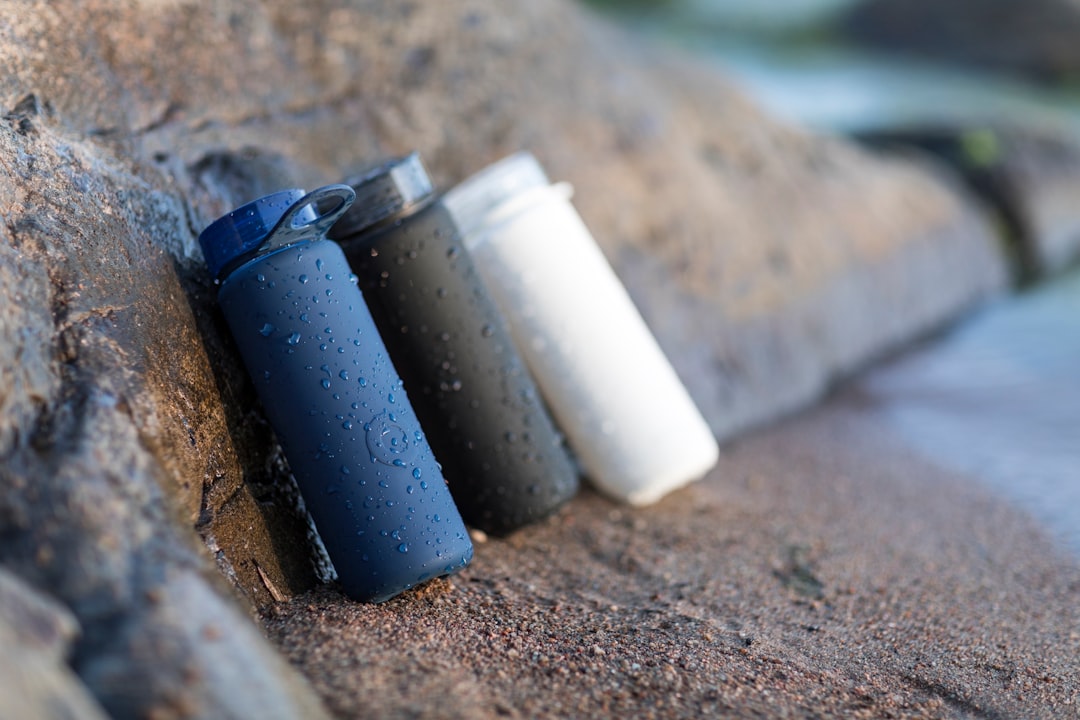
“Not even water?!”
Yes, not even water. First things first: HYDRATION. Set yourself a daily hydration goal, ideally between 2 and 3 litres (increase this based on your activity level during the day). Avoid caffeinated drinks and foods with higher sodium content as this can make you thirstier during your fast. Although we have a small period of time to hit this goal between suhoor and iftaar, it isn’t impossible and is so vital to keep us going. You can also hit your hydration goals by having water rich fruits and vegetables such as:
- Watermelon (92%)
- Cucumbers (96%)
- Strawberries (91%)
- Cantaloupe (90%)
- Oranges (88%)
- Tomatoes (95%)
- Apples (85%)
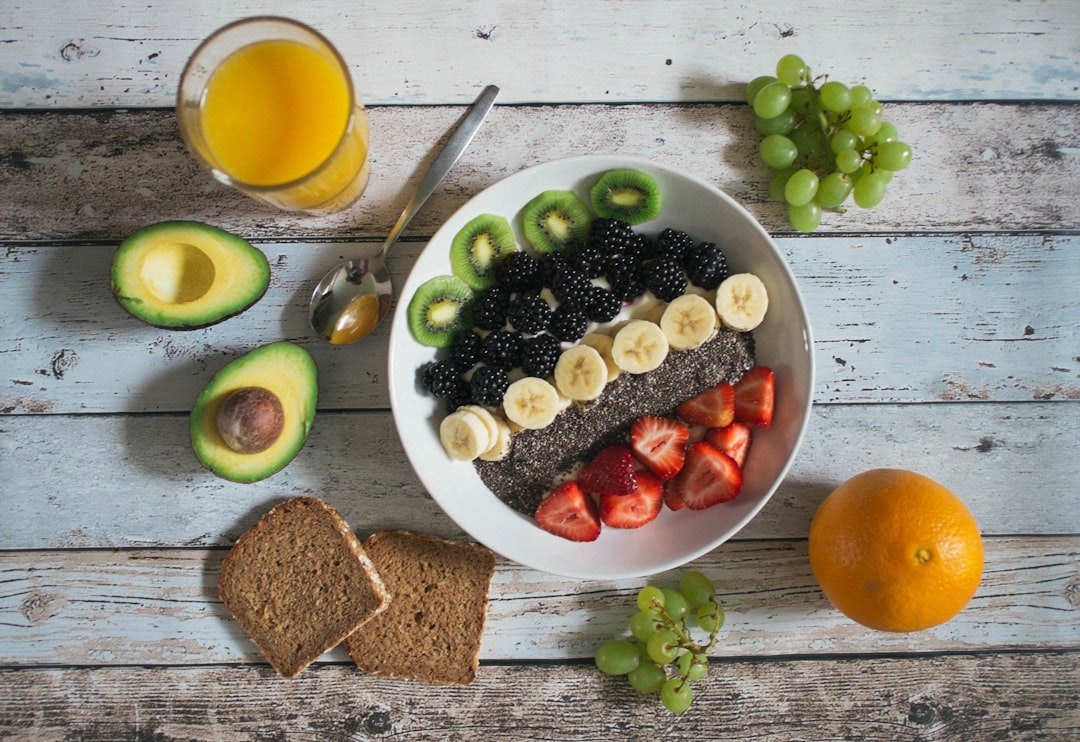
Complex carbohydrates: your best friends this Ramadan! These forms of carbohydrates are complex because they take longer for your body to break down. When eaten at suhoor, it results in a slower release of energy throughout the day. So not only does it keep you feeling fuller for longer, but it will stop you from feeling sluggish. When eaten at iftaar, the slower digestion will help stop you feeling bloated and avoid constant snacking. Moreover, complex carbohydrates contribute to healthier hearts by reducing cholesterol and blood pressure. So, here’s a short list of some complex carbohydrates you can incorporate into your morning and evening meals:
- Bananas, carrots, strawberries, apples, pears
- Whole grains such as oats, brown rice, quinoa, wheat
- Wholemeal bread
- Potatoes, tomatoes, squash, onions
- Beans (kidney, black, white), lentils, chickpeas
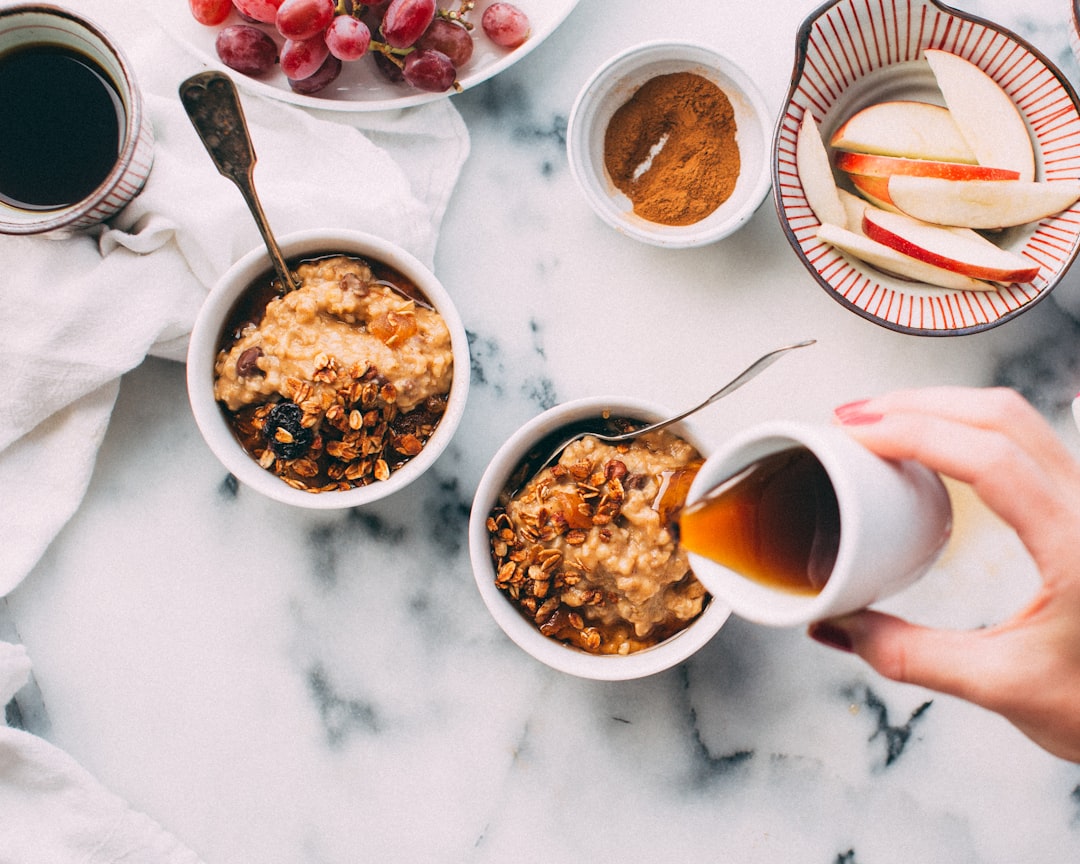
Protein: the building blocks of your body. Contrary to popular opinion, everyone needs a solid protein source in their meals- not just the bodybuilders and athletes. It is essential for growth, repair and maintaining good health. A good, sizeable amount of protein in each meal will keep you full, reduce your need for cravings and lowers your blood pressure- all of which are crucial when fasting. You should have a good protein source in all meals, here are some examples:
- Lean meats: beef, lamb
- Poultry: chicken, turkey, duck
- Seafood: fish, prawns, oysters
- Dairy: milk, greek yoghurt, cheese
- Protein powders
- Fruits and vegetables: guava, edamame beans, green peas, kiwi, avocados
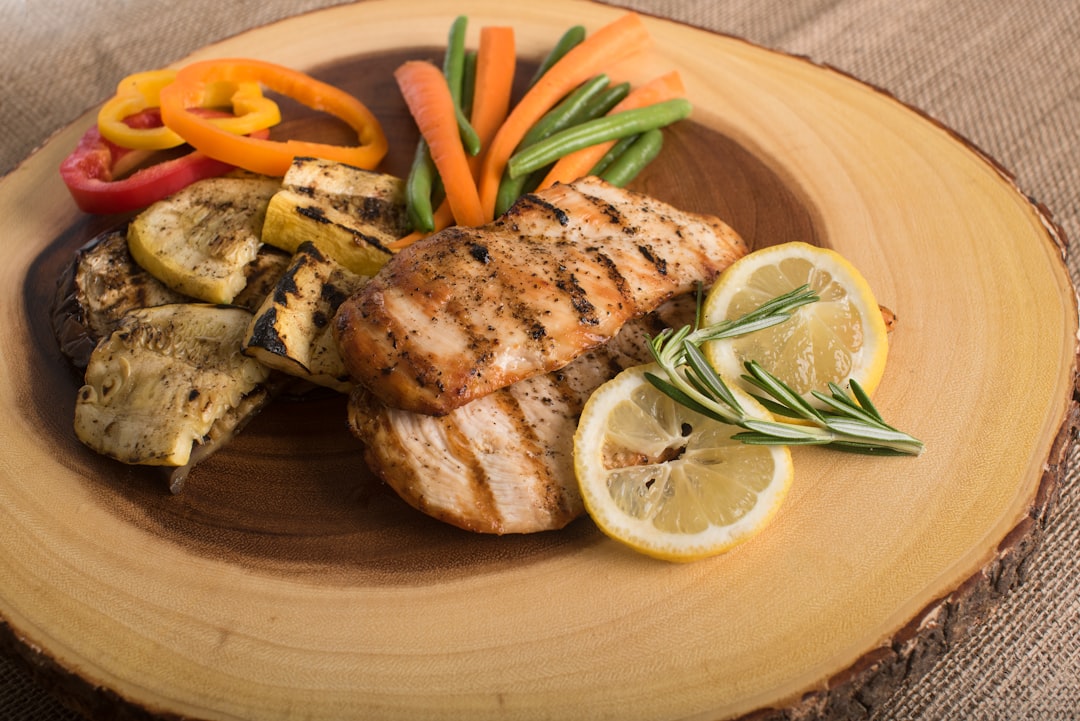
Those are just some examples of good complex carbohydrates and protein, try incorporating some of these into your meals and see if you can feel the difference. Another key piece of advice is to limit your intake of processed or fried foods– after a day of fasting your digestive system can become easily irritated when exposed to these foods. Hence the bloating, indigestion and heartburn that often follows. What your body needs after a day of fasting is an easily broken down source of energy- dates are the ideal choice and are high in potassium and fibre. It is also the Sunnah to break your fast with dates and water.
Anas ibn Malik reported, the Prophet peace and blessings be upon him, would break his fast before praying with fresh dates. If there were no fresh dates, then with dry dates. If there were no dry dates, then with some sips of water. (Tirmidhī 696)
I’ve listed some prophetic foods below that will not only feed your body well, but by following the Sunnah we pray that Allah swt rewards us abundantly:
- Dates
- Grapes
- Black seeds/Black cumin
- Olives
- Honey
- Barley
- Pomegranates
It is vital to remember that moderation is key with regards to all food and drink, too much or too little of anything will not yield any benefits:
“And eat and drink and be not extravagant; surely He does not love the extravagant” Quran 7:31
With regard to exercising during Ramadan, this is dependent on your own abilities and what you feel comfortable doing. In general a brisk 30 minute walk a day is recommended, before iftaar. It would be better to do any higher intensity workouts a couple of hours after iftaar to avoid straining your body. If you are exercising during Ramadan, remember to stay hydrated and eat balanced meals. If you have health or dietary issues, please consult a professional before making any changes to your diet or lifestyle.

These are just some ways you can have a healthier Ramadan, but overall it should not become a month where our sole focus is to lose weight or get fit. Ramadan was prescribed to us so we may grow in taqwa and develop discipline among other reasons. I sincerely pray it is a beneficial and blessed month for all those observing it, may your fasts and ibadah be accepted.
Written by: Saira Khan
A recent Psychology graduate who enjoys blogging and baking in their spare time.
Find me on Instagram: @bakesbysaira

